Nic Weigel loves all things dad.
But having battled obesity for years, he found it hard to keep up with his two active boys.
He couldn’t play on the floor with them. He cheered them on at BMX races, but he couldn’t ride. He often didn’t have the energy for everyday household tasks.
“I was missing out on a lot of their childhood,” Nic said.
He also experienced worsening health problems. At 394 pounds, Nic had obstructive sleep apnea and took medication for high blood pressure.
“I didn’t know if I would live to see my oldest son graduate if I didn’t do something,” he said.
Both Nic and his wife, Nöel, had lost their parents at a young age. He didn’t want his sons to go through that.
That’s when he decided to go ahead with bariatric surgery.
“I have to do this,” he remembered thinking. “No matter what it does to me, I have to be here for my kids and my wife.”
Thomas Martin, MD, a bariatric surgeon at Corewell Health, remembers first meeting with Nic in late 2019.
“I was immediately drawn to Nic’s motivation and conviction,” he said.
In September 2020, Nic underwent a gastric sleeve procedure. The laparoscopic surgery “turns the heart-shaped stomach into about the size of a banana,” Dr. Martin said.
Nic responded well to surgery and has followed the dietary and lifestyle recommendations to the letter.
Two years later, he weighs 250 pounds and has reduced his body mass index by nearly 20 points.
But the numbers only tell part of the story.
Nic can play Hot Wheels with his boys. He and his wife, Nöel, can hug each other just a little tighter.
“Human interactions—those are the kinds of things that mean the most,” Nic said.
‘I was in pain’
Nic, 40, grew up in Traverse City, Michigan.
“I always had a robust sweet tooth,” he said. “I’ve struggled with weight all my life.”
He kept an upper hand during high school, when he’d work out daily as part of the wrestling team. He was also an avid mountain biker.
Nic and Nöel met after a Friday night football game on Oct. 16, 1999. A year later, to the day, he proposed. They married on Oct. 16, 2004, at age 21.
Soon after, they moved to Grand Rapids for college.
Up north, Nic had hunted, fished and hiked with friends. City life changed that.
“I had a sedentary life through school,” Nic said. He also developed what he described as a poor relationship with food, filling up on junk food to ease the stresses of college. He always liked pop and Gatorade, too.
“It made me temporarily feel better to have the sweet stuff,” he said.
He tried diets, and he would often cut out sugary drinks. He’d shed 20 pounds, then gain it back.
Nic, an industrial designer, became a dad in 2011 when Levi was born, followed by Maxim in 2015. The family moved to Rockford, Michigan, in 2016, where the boys discovered BMX biking.
“Both are very rambunctious, athletic and into sports,” Nic said.
As Nic put on weight, he had a hard time keeping up with them. He took medication for high blood pressure and slept poorly.
“I was in pain all the time,” he recalled.
His confidence also suffered. He wasn’t happy when he saw pictures of himself. He’d often be soaked in sweat, to the point where his boys didn’t want to hug him.
“As a parent, that cuts deep,” Nic said.
Nöel encouraged Nic to make healthy choices, but she knew he had to make that decision.
All that took a backseat when Max had open-heart surgery at age 4, to close a hole in his heart. Max had a life-threatening stroke afterward. He had to relearn how to walk, talk, eat and swallow.
Watching Max go through months of therapy without complaint helped inspire Nic to act. That, and the fear that he would not live long enough to watch Max and Levi grow up.
“Admitting that I needed help was my biggest struggle,” Nic said.
‘A powerful tool’
Nic attended a Corewell Health surgical weight loss seminar in November 2019. He had to fill out a lengthy questionnaire to ensure he was mentally prepared.
He had two options.
In a gastric bypass procedure, the surgeon creates a smaller stomach pouch and reroutes the small intestine so that fewer calories are absorbed.
He chose a sleeve gastrectomy, which makes the stomach smaller.
“The sleeve was a good option for Nic,” Dr. Martin said, because he didn’t want to risk malabsorption of vitamins.
To prepare for surgery, Nic went on a liquid diet for two weeks. “That was the hardest thing,” he said.
But he stuck to it, lowering his BMI to 51 before surgery.
“The operation went super smoothly,” Dr. Martin said.
Afterward, Nic resumed the liquid diet for two weeks, then moved to soft foods like yogurt and cottage cheese.
He’s a shining example of the difference bariatric surgery can make for patients who embrace the lifestyle changes, Dr. Martin said.
“These operations don’t cure the disease. They’re just a very powerful tool in fighting the disease of obesity,” he said. “Being committed to the process before and after the surgery is very important.”
‘Non-scale victories’
The bariatrics team follows patients for years post-surgery. Patients have access to a psychologist, dietitian and exercise specialists to help keep them on track.
By February 2021, Nic had lost 100 pounds and reduced his BMI to 39. A year post-surgery, he’d dropped 140 pounds and his BMI fell to 34.
“Once we get below a BMI of 35, the health benefits really start to take off,” Dr. Martin said.
Nic’s sleep apnea improved and he came off all blood pressure medications. He has maintained his weight loss and continues to embrace a healthy lifestyle.
“My only regret about the surgery is not doing it sooner,” Nic said.
He credits Nöel with being his No. 1 supporter, before and after surgery.
“You’re at the vulnerable state, and to have that person you can rely on means the world,” he said.
Two years post-surgery, Nic celebrates what he calls “non-scale victories.” He can wear the same size shirt and pants he wore in high school. Hugs happen daily.
And he can keep up with his active boys.
Recently, Nic logged 47 walking miles over six days at a BMX event in Tulsa, Oklahoma. The family is planning a trip to Disney World this year.
Nic will talk to anyone considering bariatric surgery.
“It does get better,” he tells them. “Listen to your doctors. If you follow the path, you’ll be successful.”
Helping patients like Nic has been rewarding, Dr. Martin said.
Most patients lose at least 65% of excess body weight and keep it off. About 80% of patients with Type 2 diabetes and 50% of those with high blood pressure can eventually stop taking medications, the doctor said.
“I love that bariatric surgery helps improve people’s quality of health and the quality of their life,” Dr. Martin said. “It allows them to truly get their life back.”
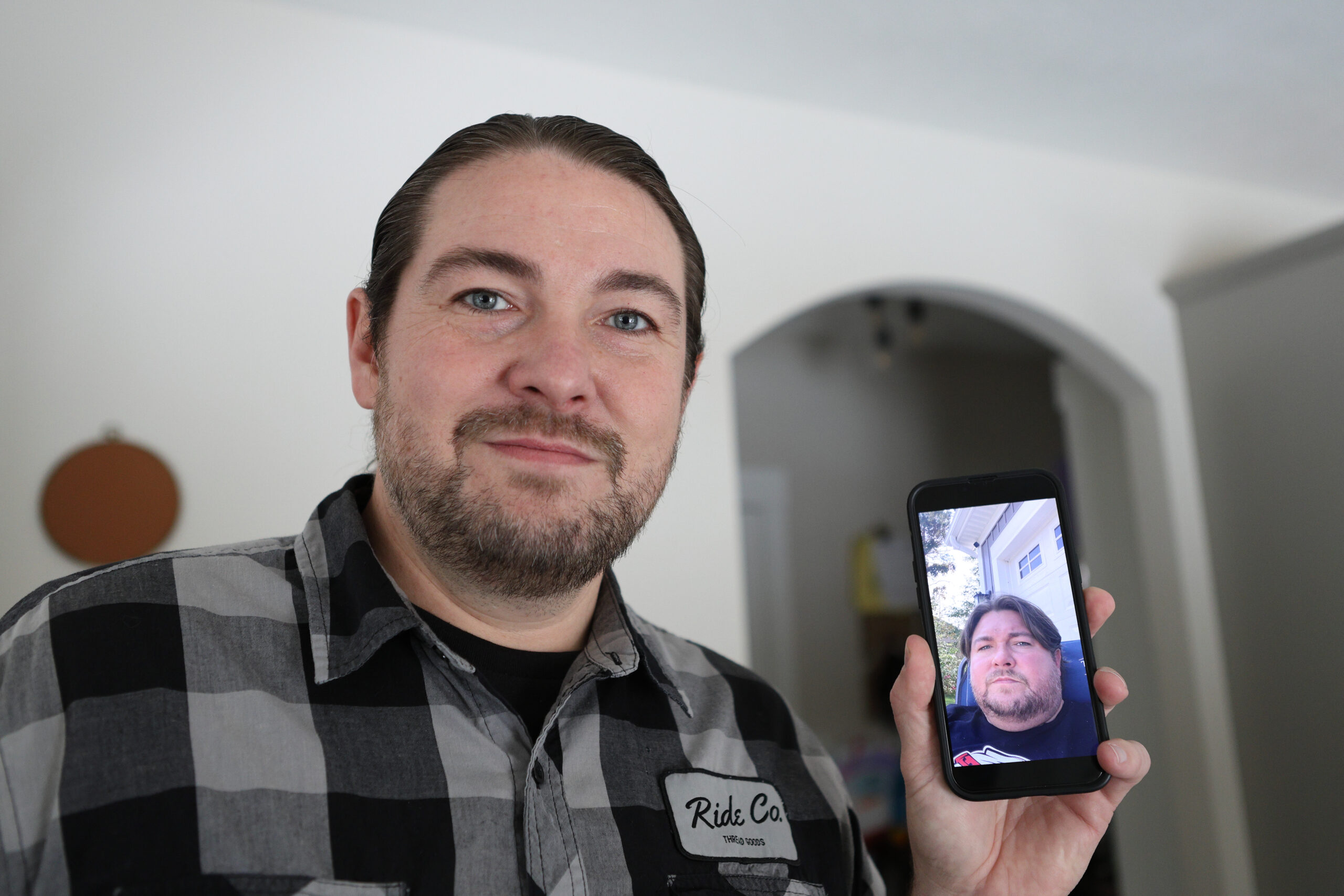
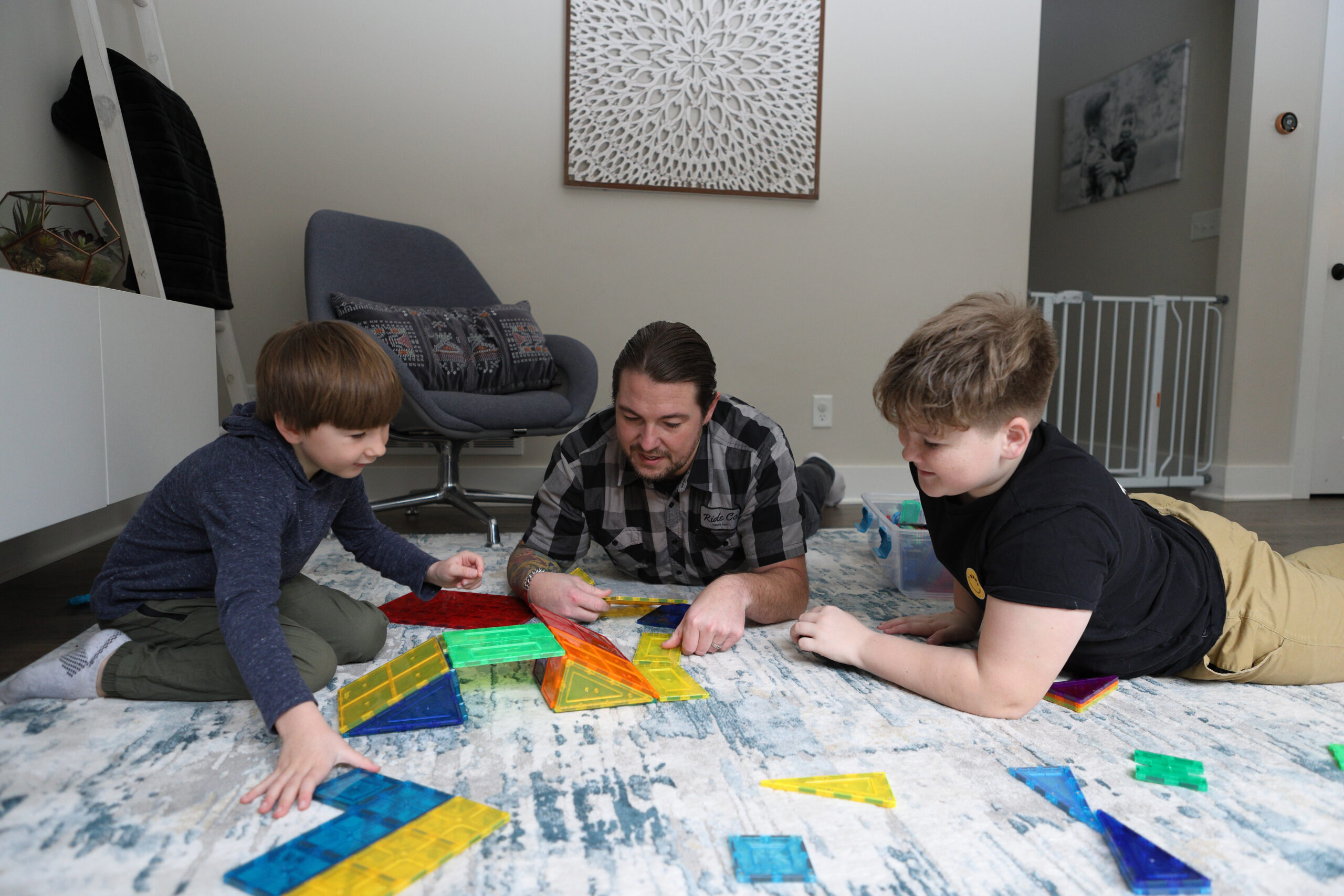
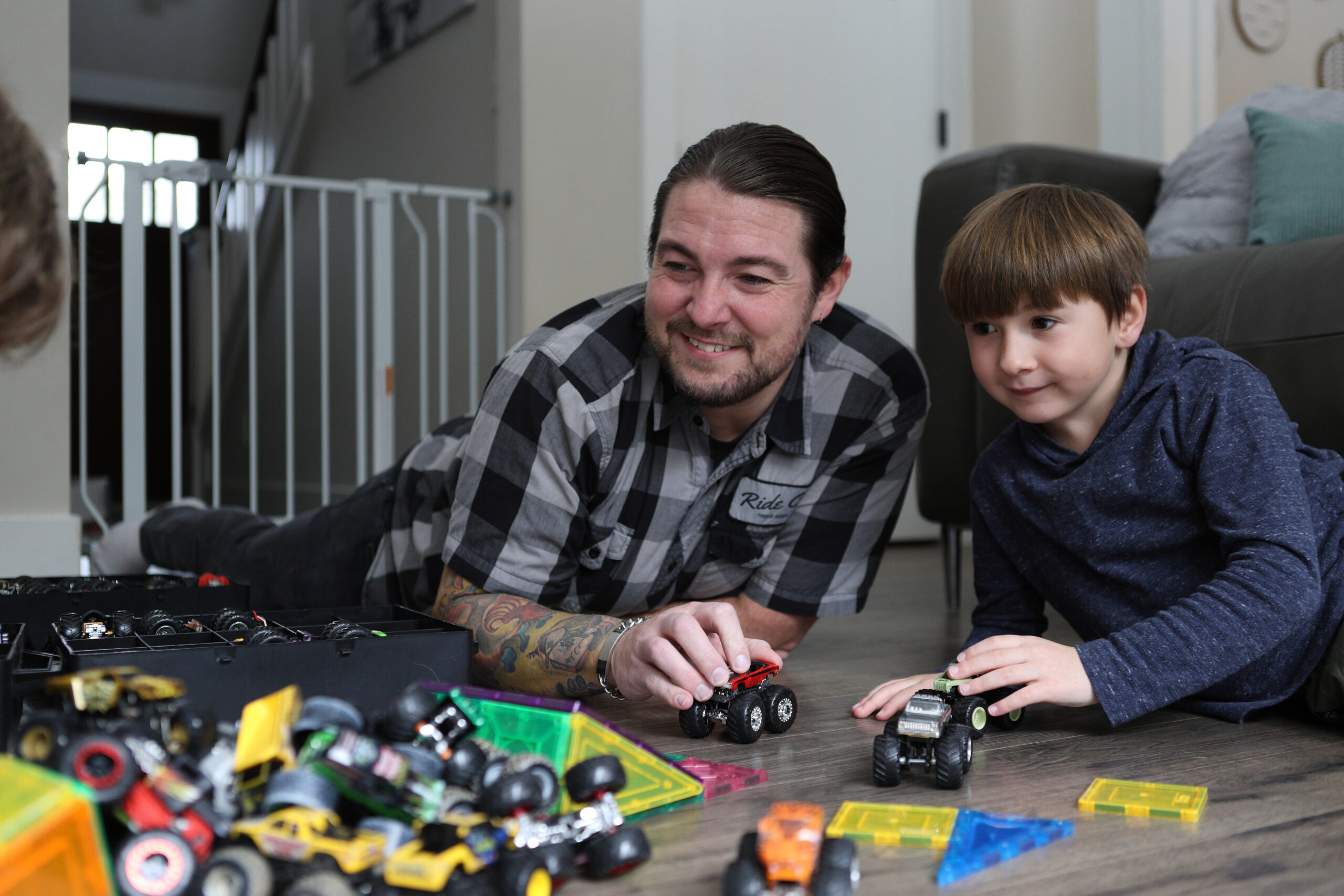
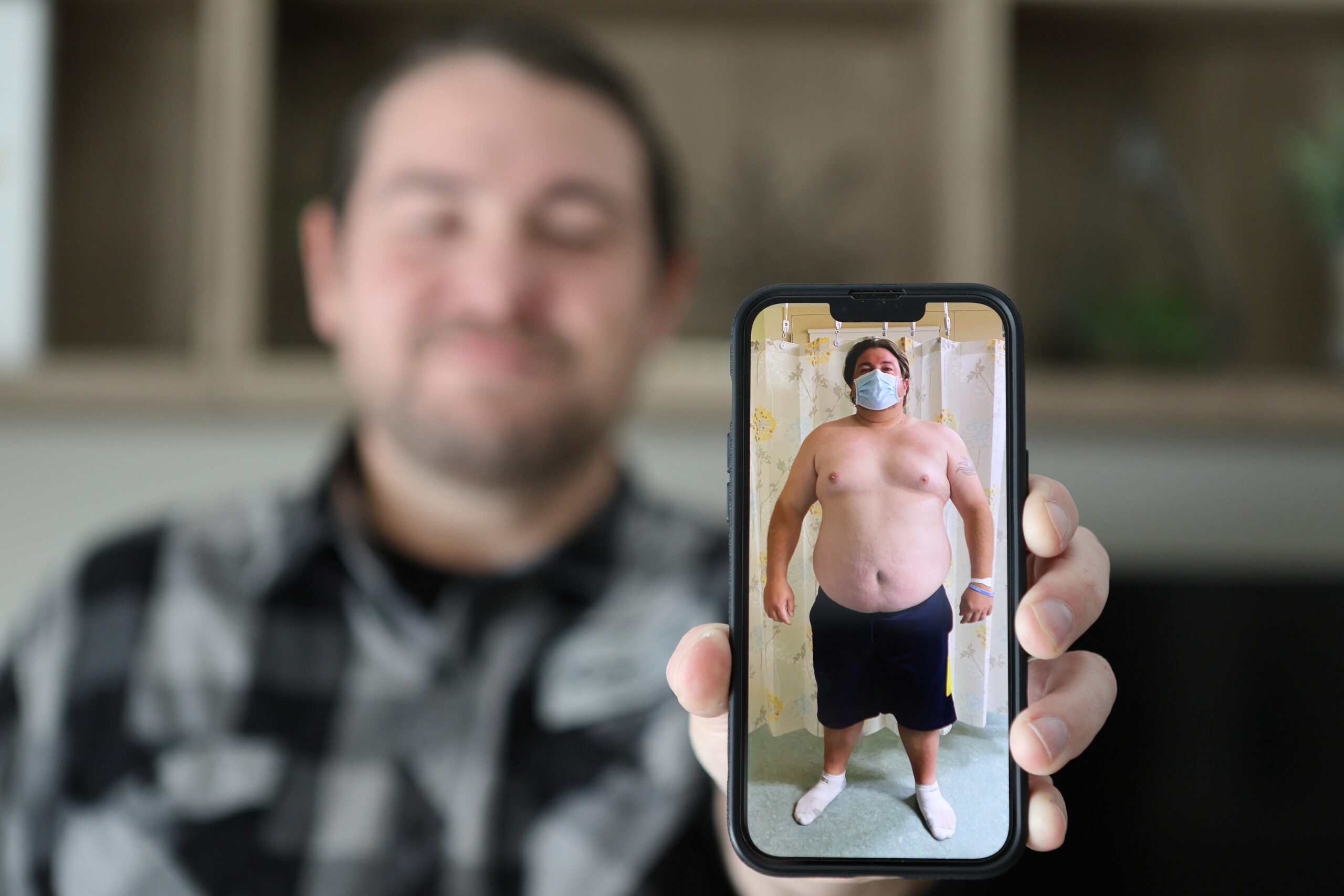
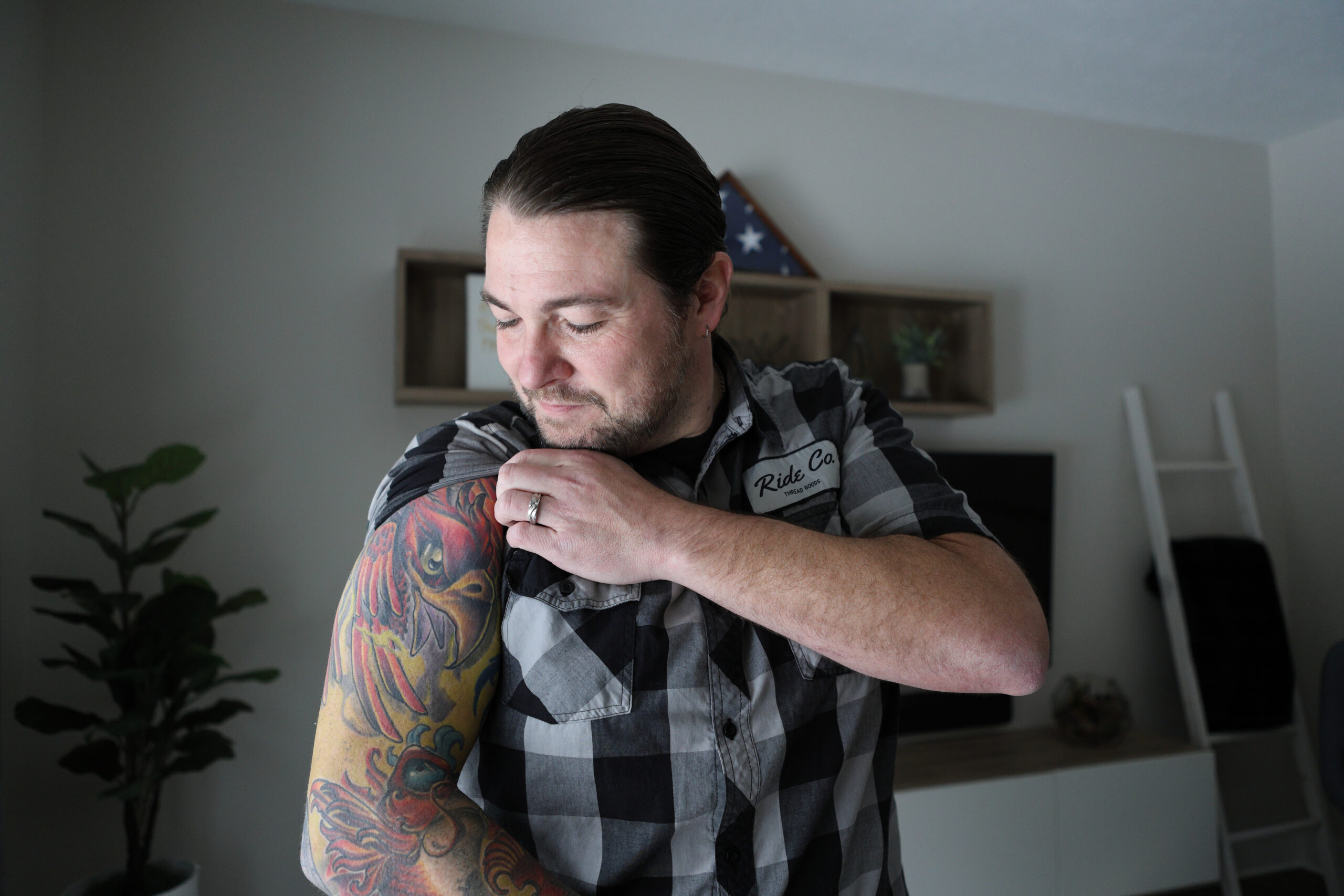

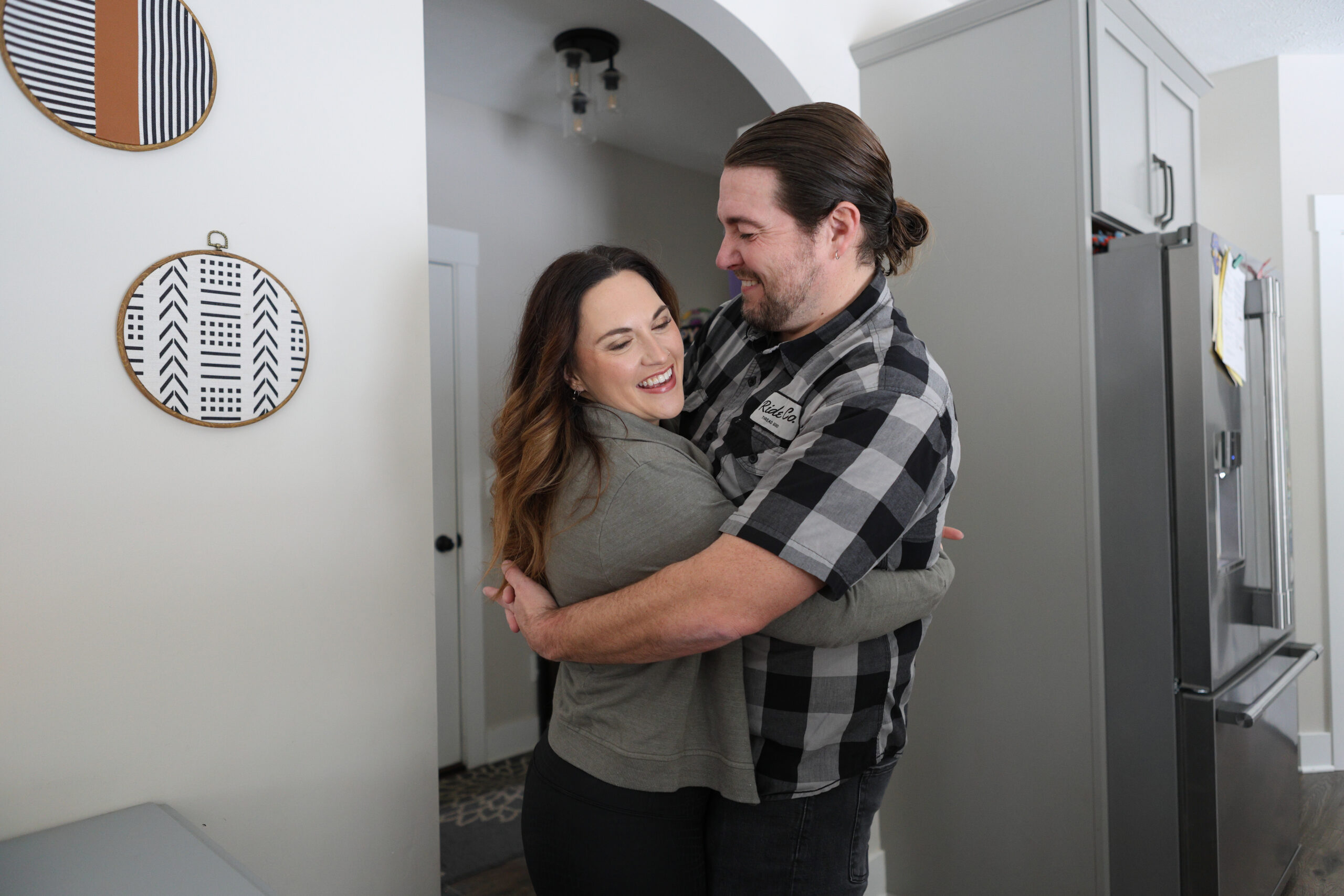
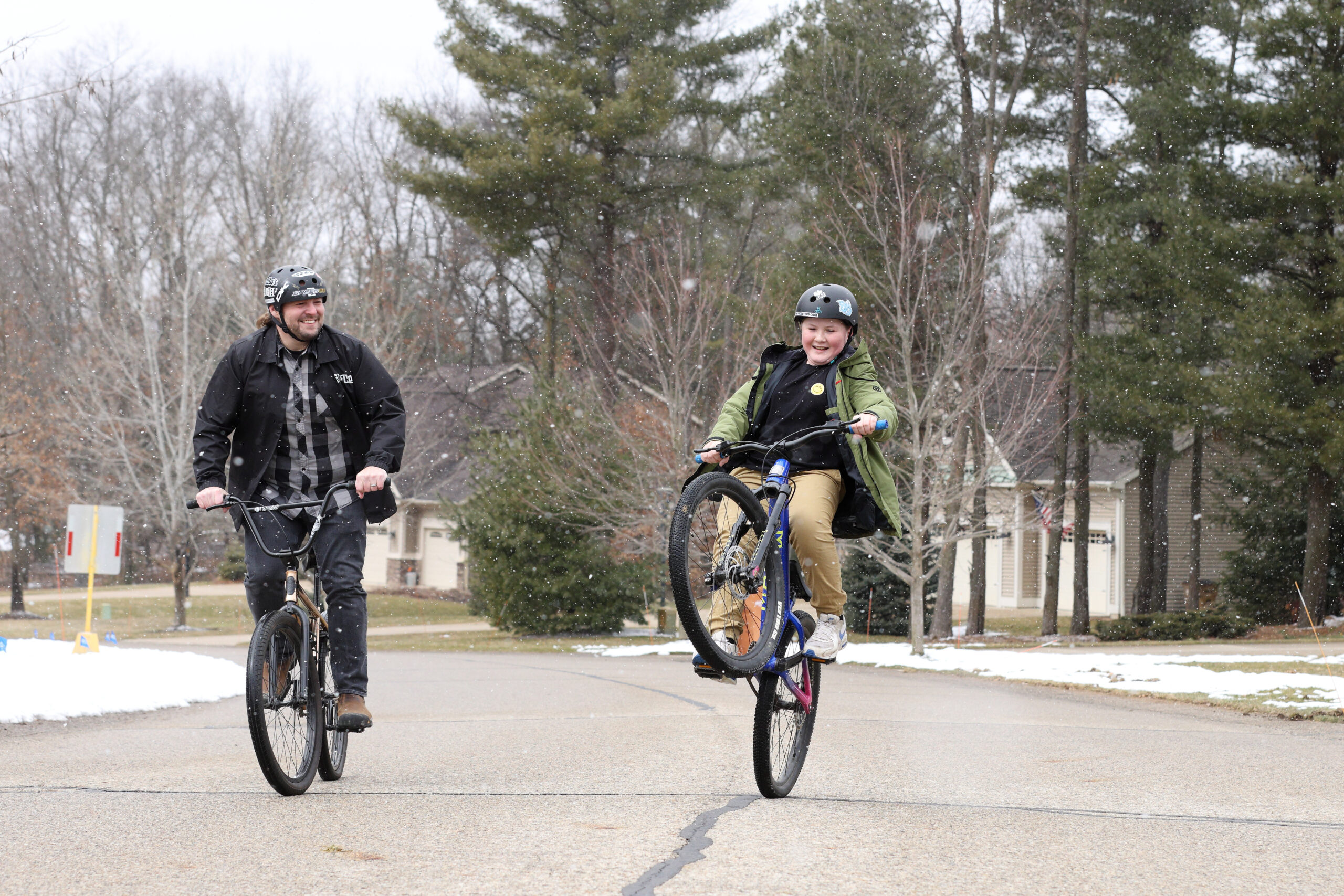
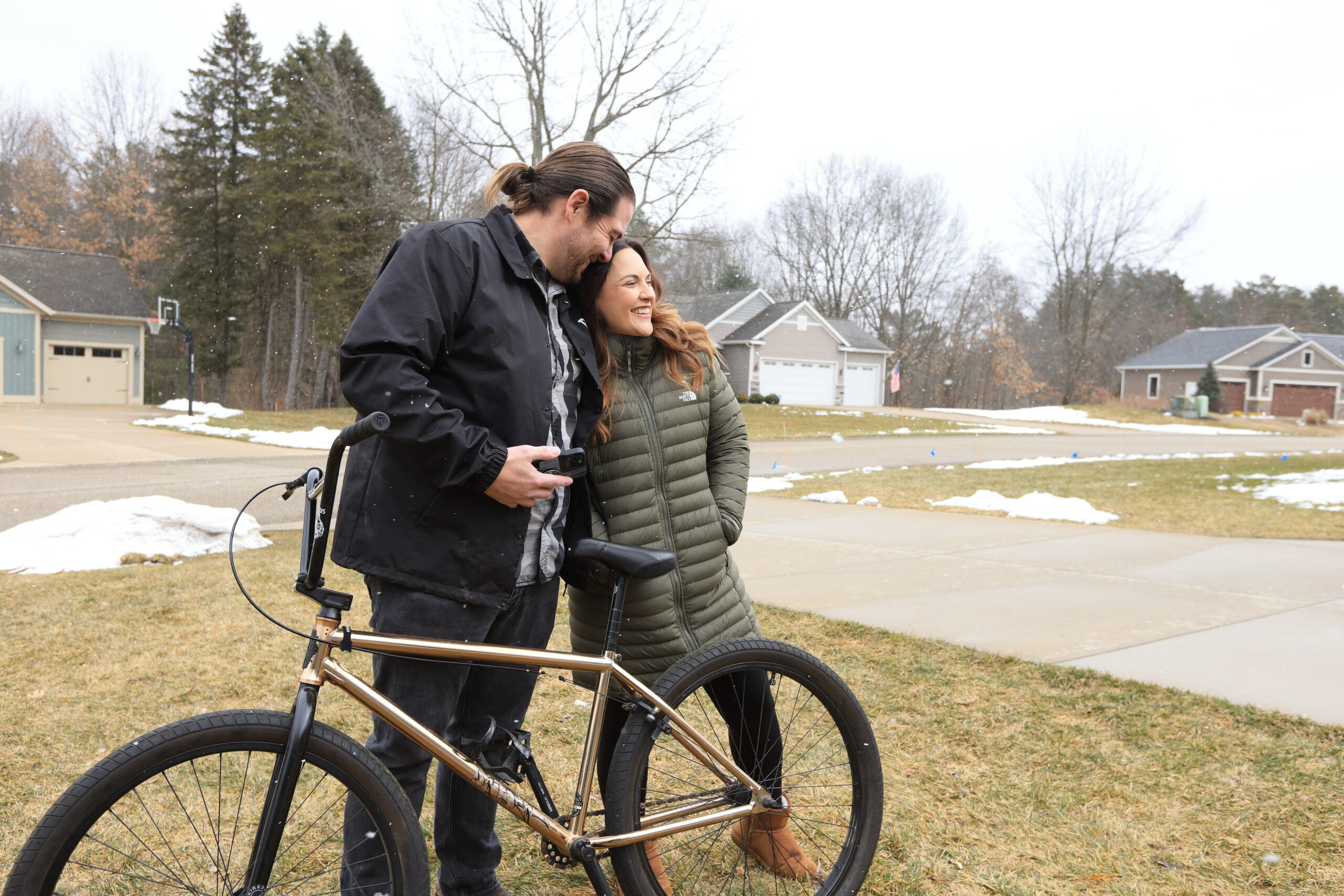




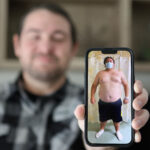
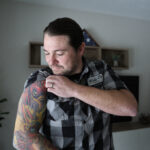





 /a>
/a>
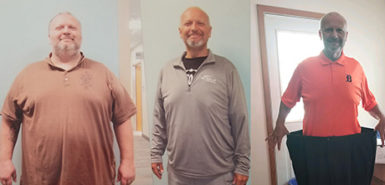 /a>
/a>
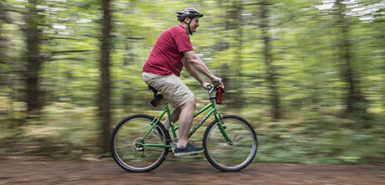 /a>
/a>